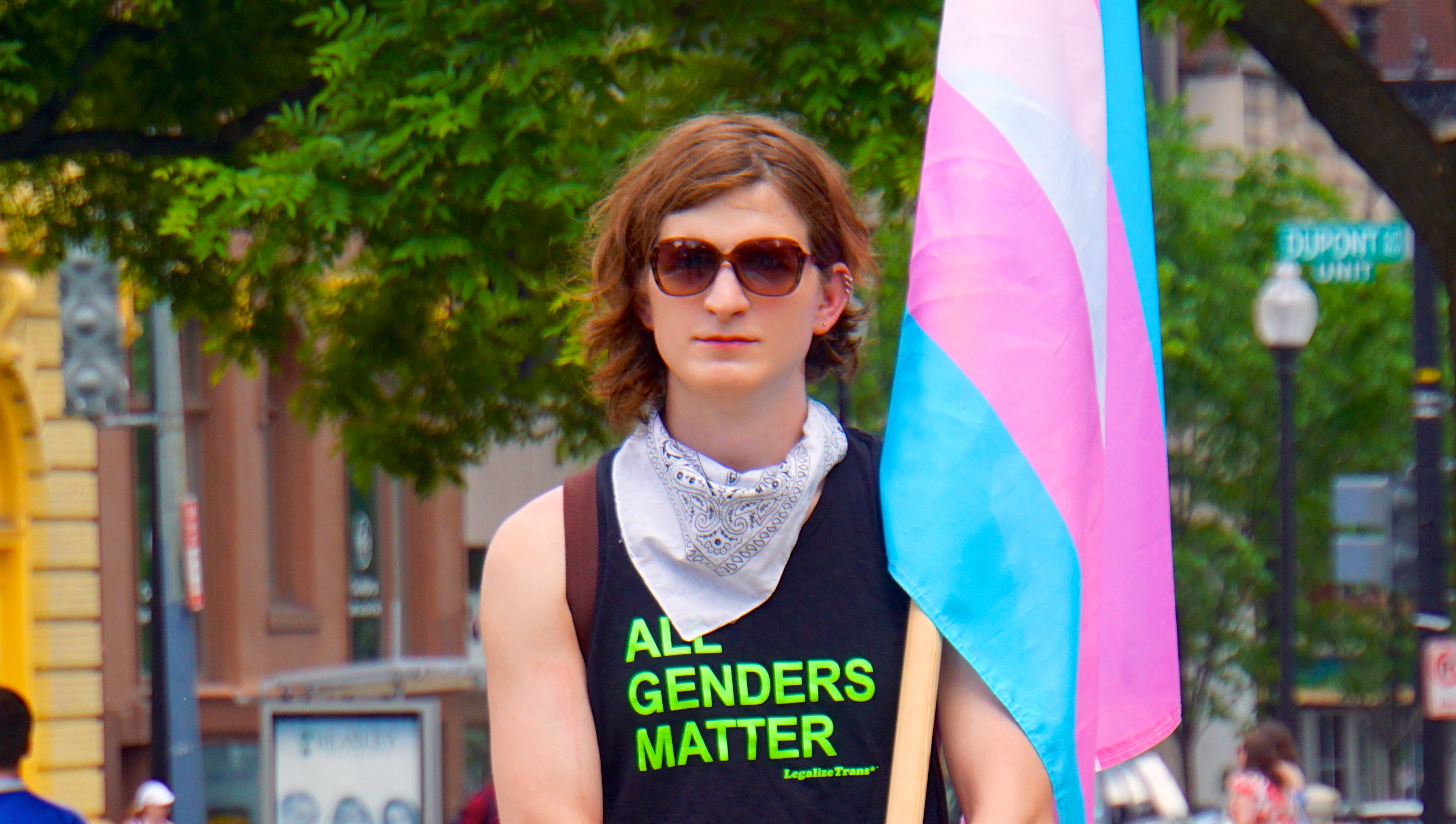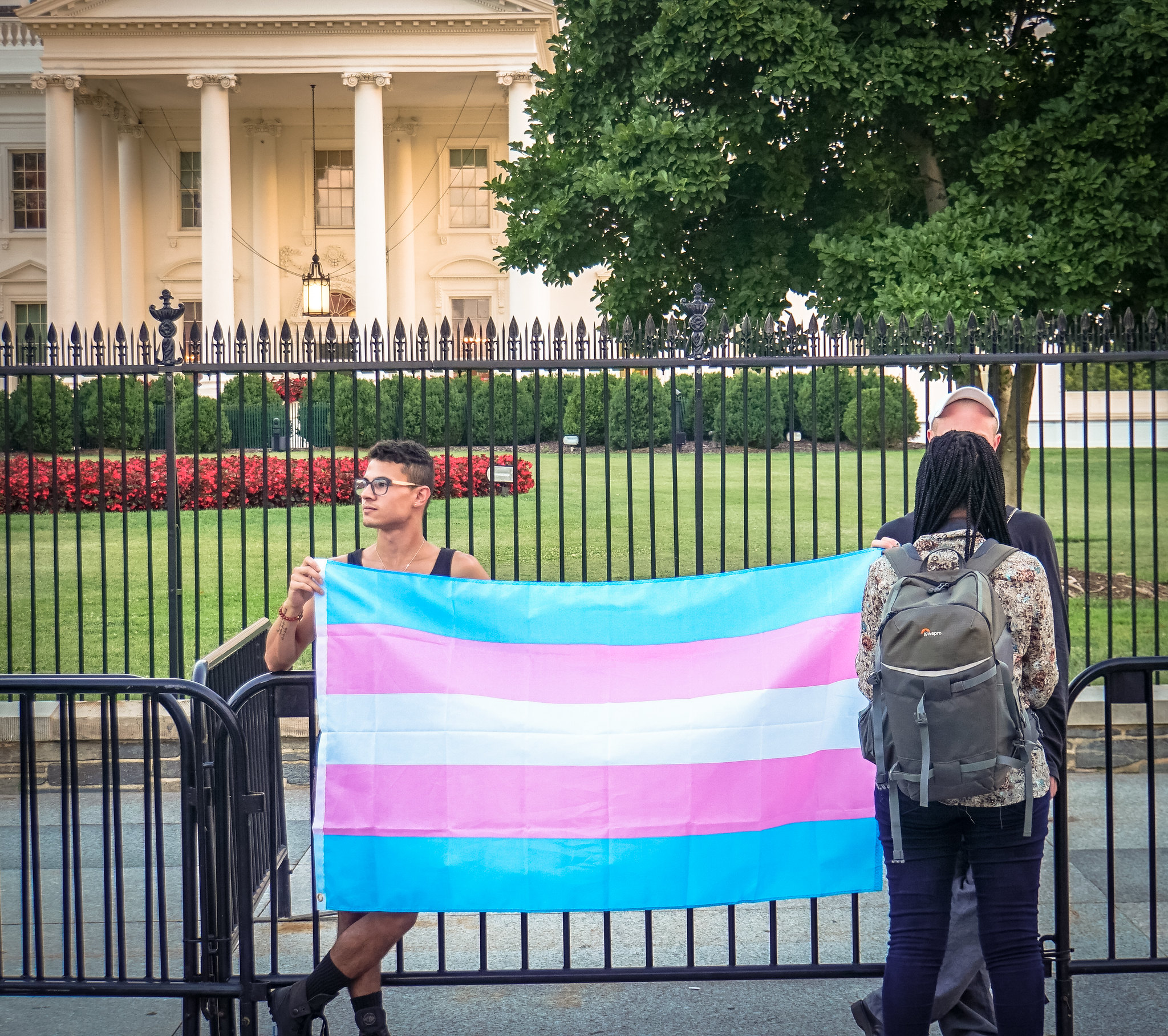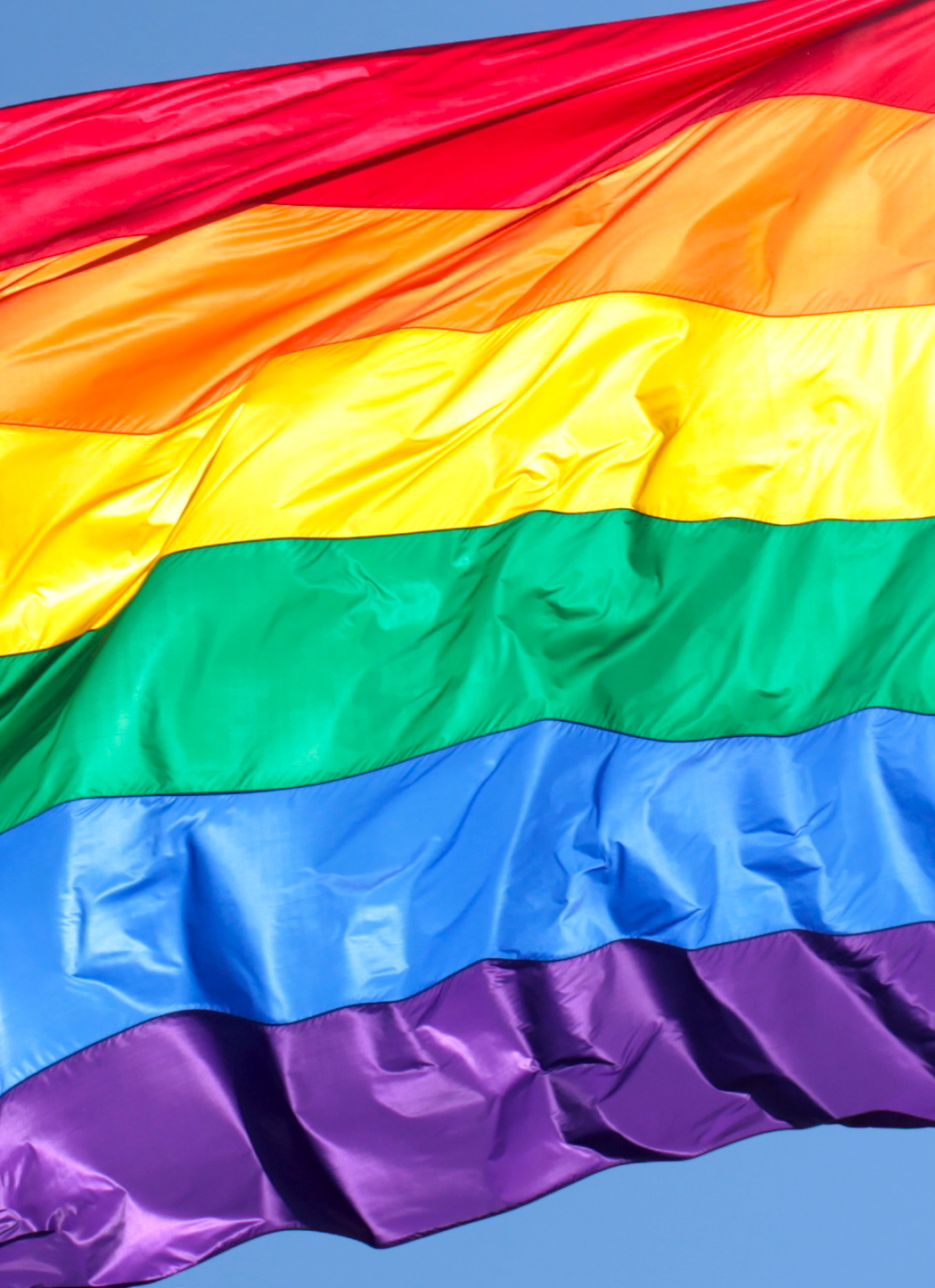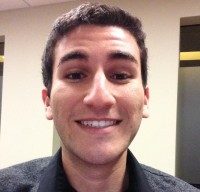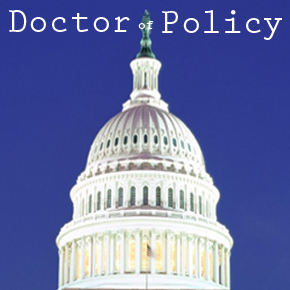Post-election, many of us in the medical field have become ever more aware of the somber sentiments expressed by the groups that were rhetorically and literally targeted throughout the election cycle. Many of us are women, immigrants, people of all faiths, people of color, refugees, disabled individuals and members of the LGBT community. We understand that policies and hateful rhetoric impact us, impact our colleagues, impact our families and impact our patients. We can see how the communities we serve have already started to be affected by this election.




